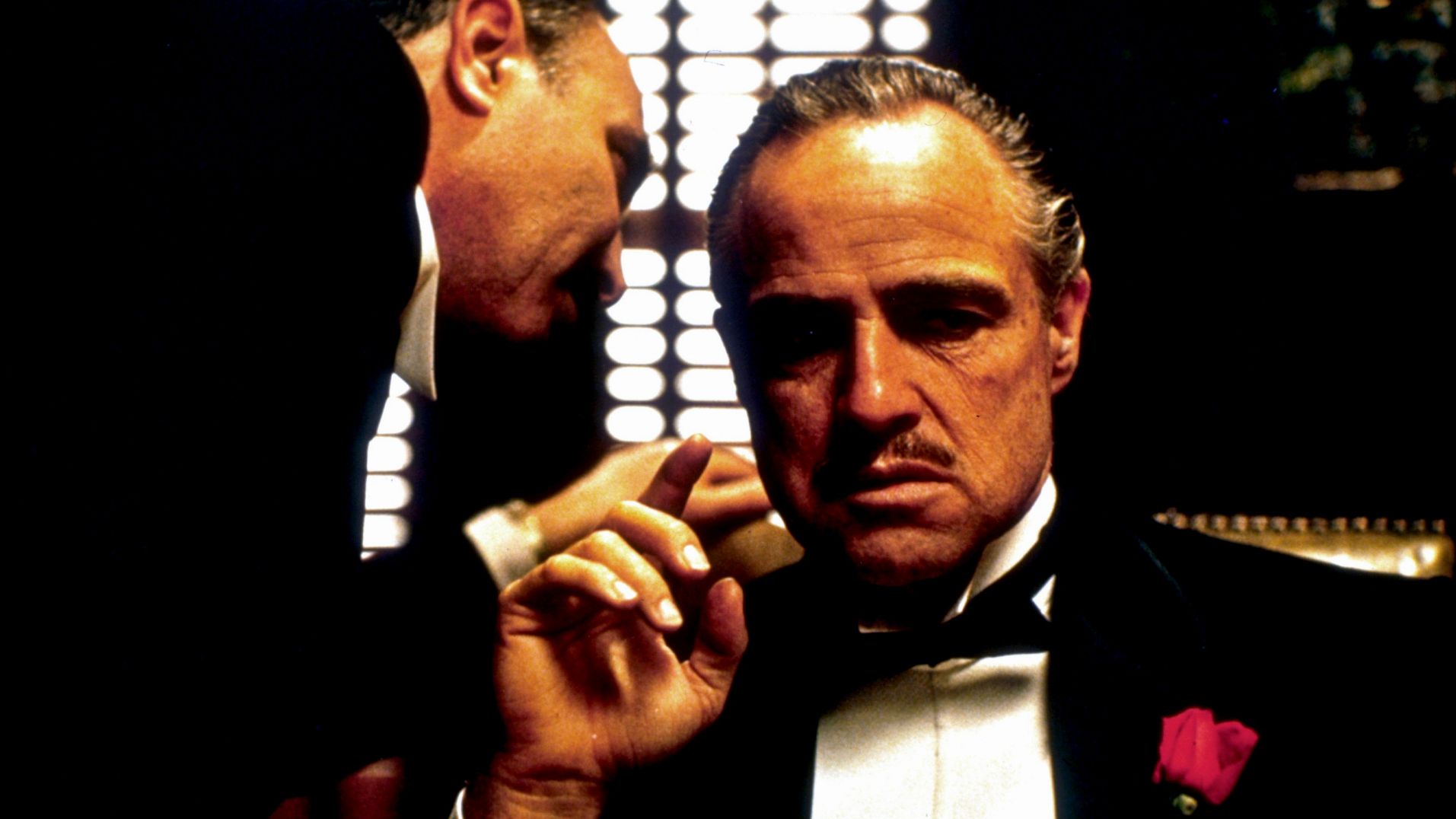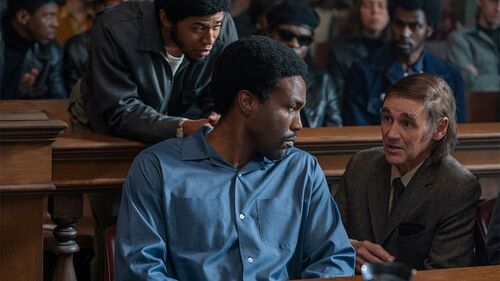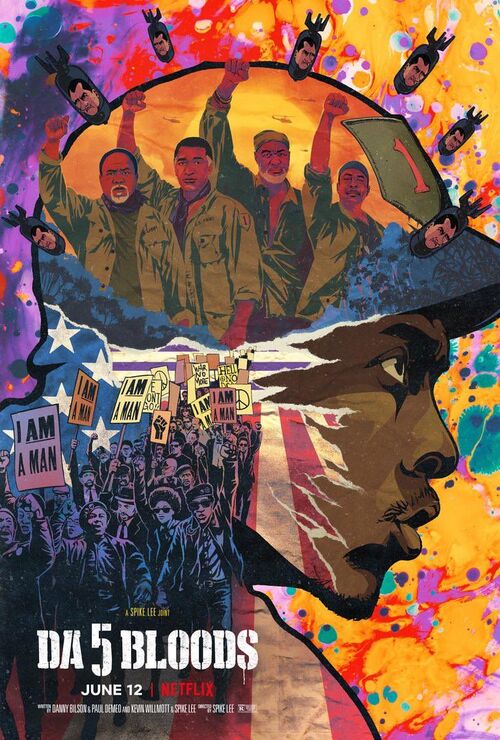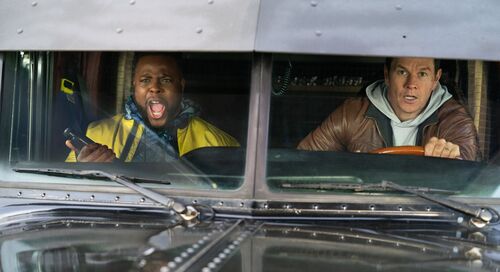
'The Godfather' (1972) retrospective
 In a previous life, before what we could call, for want of a better word, my cinematic rebirth (or my Scorsese phase), I associated 'The Godfather' with bloodied silk sheets, the grisly image of a decapitated horse’s head and the visceral shrieks of a grown man that put Jamie Lee Curtis to shame.
In a previous life, before what we could call, for want of a better word, my cinematic rebirth (or my Scorsese phase), I associated 'The Godfather' with bloodied silk sheets, the grisly image of a decapitated horse’s head and the visceral shrieks of a grown man that put Jamie Lee Curtis to shame.
I can’t ever remember sitting through all 180 minutes at that time. I don’t think I ever made it past the bits in Sicily. But every time the 1972 film that redefined the gangland crime came on GTV (our local broadcaster), I could not rest till I had heard the chilling screams of a man whose soul had been snatched from him.
Adapted from a 1969 Mario Puzo novel of the same name, 'The Godfather' is about the transfer of power in organized crime family from one generation to the next. It is a film deftly aware of the idea of power in changing times. It is also demonstrating an understanding of family and heritage that gives meaning and a chilling resonance to the paths laid out for key characters.
Like several films in my dad’s VHS collection, I was never aware of The Godfather’s revered status as an all-time classic. The most hallowed mafia flick for me at the time was probably 'The Jerky Boys'. Circa 2008, yours truly really got into cinema and it didn't take long for me to stumble onto mountains of praise for Francis Ford Coppola’s crime opera which was also insanely successful at the time.
Expectations were sky high. But I had no attachment to Coppola like I did, say, Christopher Nolan or Martin Scorsese. So it actually took a couple of years for me to see the film. I was in no rush for what was promised as the cinematic land gushing with milk and honey. But when I eventually did get there, it was like discovering and climbing a peak higher than the Everest I felt my expectations were.
I would say my mind was blown but this wasn’t me seeing 'The Matrix' as a kid. There was much more grace and finesse to the way the craft and verve of the Godfather broke me down and humbled me. I know you love ‘Taxi Driver’ but you know nothing Delali, the gods seemed to say. The dialogue, characters, depth and stunning imagery were not just laden with the expected heft but also so damn entertaining.
The first line in the film is "I believe in America," uttered by the undertaker Bonasera as he begins his manifesto of the disenfranchised. In a dimly lit den, he is telling the godfather, the sublime Marlon Brando’s Vito Corleone the story of how the system let him and his family down after his daughter was savagely beaten by two men. His faith and pride in America were not returned.You think 'The Godfather' and the first thing that comes to mind is mob boss. Reasonable. But for the hapless Bonasera, though it’s a last resort, seeking the godfather is a plea for justice; the first layer in a thread that questions how blurred the line between the mob and the government machinery is becoming.
Coppola’s first impression isn’t just about sowing the seeds for later ideas. He means to sweep us off our feet with excellence embedded in every strand of the fabric he is weaving. The three-minute monologue from Bonasera is transfixing. Coppola starts with a closeup of the undertaker’s desperation and slowly zooms out to reveal cinematographer Gordon Willis iconic lighting choices. The darkness and shadows favoured by the Prince of Darkness were as blinding as they were fabulous.
Then, of course, we get our first dose of Brando’s brilliantly realized performance. Suave, incisive and dominating scenes with a certain humility, he now reminds me, oddly enough, of the performance Akira Kurosawa milks from Takashi Shimura in 'Seven Samurai', who projected a unique brand of power and authority.
Soft-spoken, Vito was, yes. His iconic hoarse voice has been riffed on for almost half a century (and the buccal prosthetics were a masterstroke). But with a subtle gesture, the world stood still for him. I believe the only one who speaks over him is his hothead eldest son, Santino (James Caan), who clearly fell a dimension away from the tree.
A few more quotable lines later, we are outdoors at the vibrant open-air wedding of Vito’s daughter Connie (Talia Shire), who is oblivious to how much of her family’s murkiness will intrude on her union. It’s our first taste of Italian-American fellowship in a film which holds the family institution in high esteem; where we will later be privy to an Italian funeral and christening.
It is at the wedding we also meet Michael (Al Pacino) fresh from a stint in the army after World War II. Pacino would, in this film and its two sequels, grow to become the epicenter of this thesis about the breakdown of the family system, the corruption of power and how a man can be indelibly stained by the blood of his violent impulses.
From the top, it looks like he wants no part of the family’s crime empire. But when the story gains some steam and Vito is shot, Michael steps up in the name of the family with a ruthless penchant for the violent business his father had shielded him from. Michael eventually inherits his father’s standing as head of the crime family and we get that iconic ending with mafiosos paying respect to him as the door is slowly shut on his wife (Diane Keaton), who is the perfect avatar for the outsider.
That this film has so many iconic sequences is a testament to the strong visual sense and grasp Coppola has on this finely tuned epic saga. And it easy to drool at the marquee moments like the darting in between the christening and Michael’s unforgiving clearing of house in the denouement. But there are more subtle moments that showcase Coppola’s rigor; like the quietly brilliant way scene where Michael learns of the shooting of his father, clearly highlighting a traversing between two worlds.
It’s hard to watch 'The Godfather' now without placing it within the context of its superior sequel, which ties a bleak knot on the story and rams home the idea of changing times with the powerful use of contrast. All the groundwork starts in the first film where the idea of politicians losing their nobility, and family and blood losing their sanctity take hold.
And though one of the key criticisms of the time was that it glorified the Mafia, I feel such persons were unable to divorce reverence for family from criminal aspects it was intertwined with. There is a clear distinction here made clear by the changing of the guard from Vito to Michael; where warmth is replaced by a shocking calculated ruthlessness.
As far as morality goes, I don’t think there is any doubt everyone is on compromised ground. We have Willis’ groundbreaking photography to thank for this. Watch the opening as a silent film, before we get to know Vito, and you would think Bonasera was begging for his life and execution was in the offing. Willis’ dim lighting of Vito’s chambers with pockets of yellow and even the deep shadows he creates over the beloved characters eyes scream ill intent.
There is a world where Willis shoots a noir-inspired Batman/Harvey Dent film. I can’t think about 'The Godfather’s' characters without a shadowy cowl over their eyes or a shadow splitting their faces as the film continues its dance with contrast. Sometimes, its as if characters are literally emerging from the abyss; a constant reminder to us not to mistake this underworld.
The performances are great, for the most part. I am particularly fond of this Robert Duvall's performance as the Corleone family’s consigliere and the way he is deployed; ever so subtle as this lighthouse in this dark cynical world. Pacino is showcasing tremendous range and convinces as basically three different characters at different stages of the film.
It’s always fun to have internal debates about which is better; 'The Godfather' or 'The Godfather II'. With the sequel, Coppola crafts a perfect cinematic altar and cinephiles have been bowing to it for decades. But I like to think Coppola seeks to hypnotize us with his dazzling but, at times, flawed adaptation of a novel which was scoffed at at the time.
The more I watch it, the more some of these failings stick out. I can’t remember the last time I sat through the Sicily bits of the film. Plot holes alert and also odd for a film overflowing with scenes and moments that demand you watch in a loop till your eyes are sore. The use of ellipsis in the script is quite jarring at times. Then we get the dubbing, which could have been tighter I reckon.
'The Godfather', great and successful as it is, was ultimately the necessary staging ground for Coppola’s magnum opus two years later. The gap in quality between the two is the only reason I feel it is important to enforce a distinction between the two films. Otherwise, I would have been fine with time marrying the two together.
Beneath all the entrancing sequences, magnetic performances and avalanche of quotable lines are some chilling truths, not just about America, but humanity. Coppola is mourning the passing of the family and very much interested in the workings of the entities of the wield the smoking gun in this tragic tale.
-


